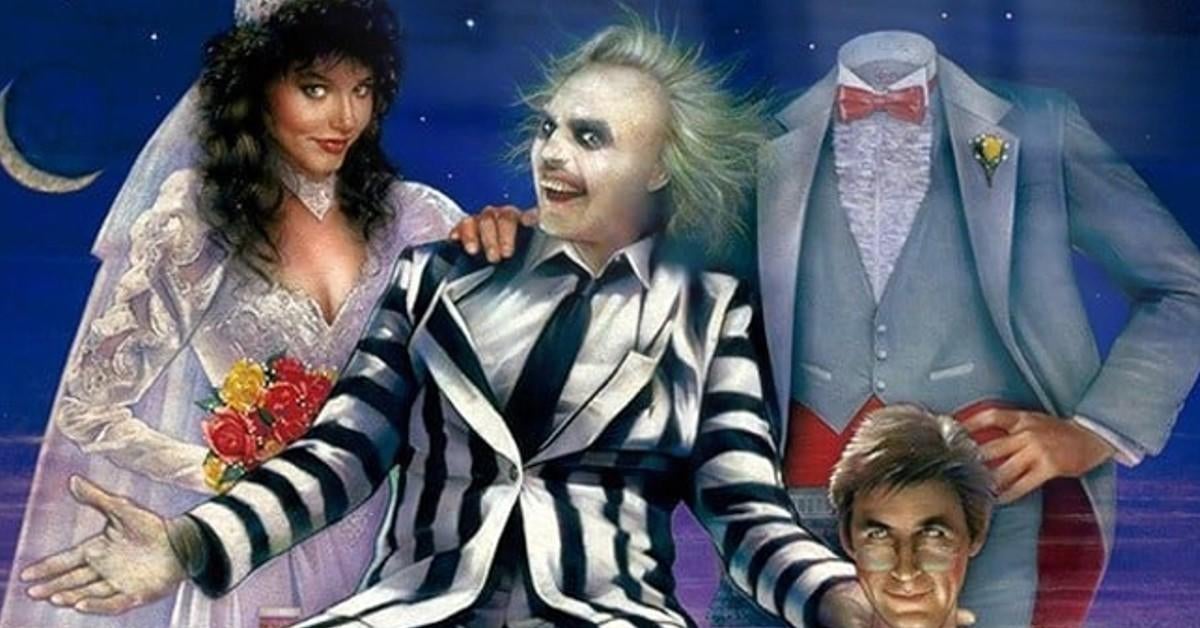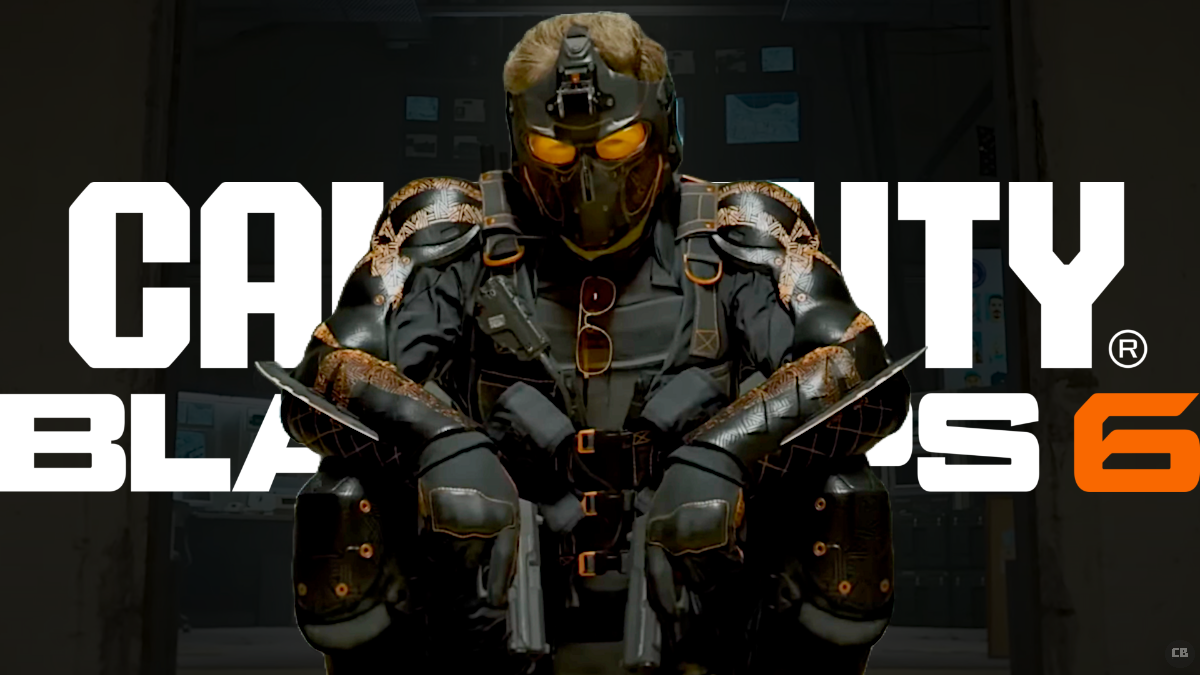Arrow Co-Creator Marc Guggenheim Explains Black Canary's Controversial Death and Return
As he prepared for an appearance at Star Wars Celebration Europe on Friday, Arrow and DC's Legends of Tomorrow co-creator Marc Guggenheim took to his Legal Dispatch substack to address the anniversary of a notoriously controversial episode of Arrow. That woudl be "11:59," the eighteenth episode of Arrow's fourth season, in which Black Canary (Laurel Lance, played by Katie Cassidy) was murdered. The episode was the culmination of a teaser that started at the beginning of the season, with Oliver Queen (Stephen Amell) and Barry Allen (Grant Gustin) standing over an unknown character's grave in a flash-forward sequence.
Laurel's death was controversial for a number of reasons. In the comics, of course, Black Canary is a key member of the Justice League and canonically the Green Arrow's one true love. With the latter role taken over by Felicity Smoak (Emily Bett Rickards) in Arrow and the former more or less occupied by her sister Sara (Caity Lotz) on Arrow and later DC's Legends of Tomorrow, the show seemed to struggle to find new stories to tell with Laurel sometimes.
Aside from the comic book purists and the big time Black Canary fans, some fans also just really liked Katie Cassidy and what she brought to the show. The result was that every year on the episode's anniversary, Guggenheim says that his Twitter timeline "gets, shall we say, colorful."
In the latest Legal Dispatch, he set out to explain the decision, and to dispel some rumors (among them, the idea that he personally had some antipathy toward either Laurel or Cassidy; Guggenheim says he was against the death, but was persuaded by others in the writers room).
So, here is what Guggenheim calls "the true story behind Laurel Lance's death and her doppelgänger's (re)introduction," or at least some of it. You can check out the full post and all of its context here.
"Numerous fans have speculated that Laurel died so that Oliver's romantic relationship with Felicity could live," Guggenheim wrote in part. "Believe me when I tell you that Laurel's death – even by those who advocated for it – was never, ever, EVER related to the fact that Oliver and Felicity were, by that point, a romantic couple. And the way you know that is because, well, Oliver and Felicity were, by that point, a romantic couple. The creative decision to put Oliver and Felicity in a romantic relationship had actually been made over a year earlier, at the start of the third season. The idea that killing off any character would somehow service a romance that was already a year and a half old (or longer if you count chemistry and flirtation) just doesn't add up."
He added that Laurel had given the relationship her "endorsement" in her final moments not to sell it to skeptics, but because he thought the sentiment "was in keeping with her character," who had also asked Oliver to keep the identity of the Canary alive after she was gone.
"I share a writing credit on Laurel's final episode. Now, you might ask, if this was a creative choice that I wasn't on board with, why did I ask to co-write the episode in question?" Guggenheim put to his readers. "The answer requires the deep-dive knowledge of my love of the show Wiseguy. Wiseguy is one of my all-time favorite series, and my work on both Arrow and Legends of Tomorrow is replete with Easter egg references and other tips of the hat to the show....Wiseguy was a show that was ahead of its time in many, many ways. It was about an undercover agent for the FBI named Vincent 'Vinnie' Terranova, played brilliantly by Ken Wahl, who won a Golden Globe for his performance. Anyway, at the start of Wiseguy's second season, the decision was made that Vinnie's character journey would be best served if his brother, Pete Terranova (played by Gerald Anthony), was killed. Wiseguy's showrunner, David J. Burke, wasn't behind this decision and, therefore, insisted on writing the episode. His rationale was that Pete was to die, David was going to dictate how it was going to happen. I'd always admired David's impulse in that regard and I suppose you could say I took a lesson from it."
"CUT TO (as we say in the TV biz) the next season. We were in the writers room breaking out what was the mid-season finale of Season 5. We had a variety of moves we wanted to make already, but we were lacking a cliffhanger, something that would bring the audience back after the holiday-related broadcast hiatus.
"Then one of the writers, Brian Ford Sullivan, pitched a brilliant idea: At the end of the episode, Oliver returns to his 'lair' to find... Laurel. Waiting for him. Alive and well. The pitch had us revealing in the subsequent episode that 'Laurel' was, in fact, Laurel's doppelgänger from Earth-2, a character who had been established on The Flash as 'Black Siren.'...Black Siren would, of course, be played by Katie Cassidy, reprising her role from both Arrow and The Flash. To no one's surprise, Katie knocked it clear out of the park. To the point where we knew Katie was giving us gold and we simply had to bring Katie-as-Black Siren back for future episodes."
Ironically, Guggenheim also wrote that after the episode was screened, former The CW boss Mark Pedowitz had asked when they were going to bring Black Siren back into the Arrow fold. That was a question that, according to Guggenheim, he could only remember being asked once before: in the first season, when a young character actor named Emily Bett Rickards elevated the role of Felicity Smoak from cameo to series regular on the strength of her chemistry with Stephen Amell.




